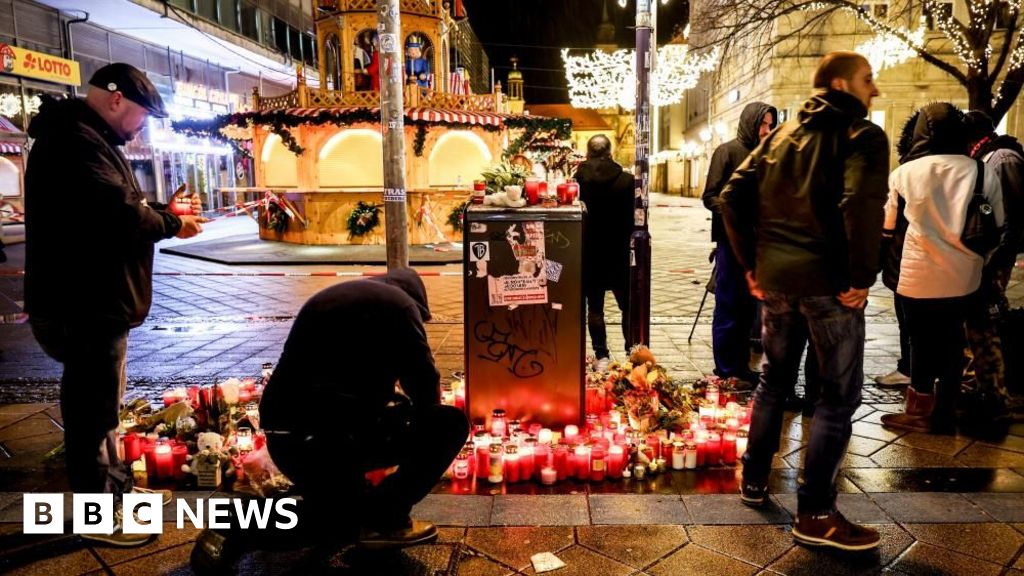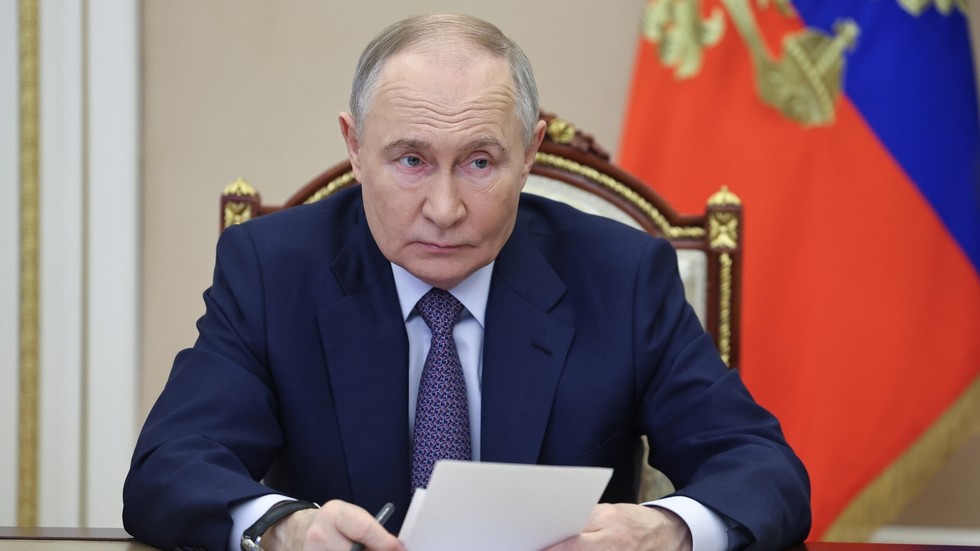Plan to expand electoral roll gets the go-ahead as New Caledonia is rocked by worst unrest in more than 30 years.
Published On 15 May 2024
France has adopted controversial reforms to New Caledonia’s voting rules, which have led to the worst unrest in the Pacific territory in more than 30 years.
The administration in New Caledonia said that more than 130 people had been arrested in rioting, which began on Monday night with cars and buildings set alight and shops looted.
The “serious disturbances” were continuing, the High Commission of the Republic in New Caledonia said in a statement on Wednesday morning, adding that a night-time curfew and a ban on public gatherings would remain in force.
An attempted prison breakout was also foiled, it added.
Anger has been simmering for weeks over plans in Paris to change the constitution to allow more people to vote in New Caledonia’s provincial elections. Critics say the move would marginalise the Indigenous Kanak people, who make up about 40 percent of the population, by allowing more recent European arrivals to vote.
France says the rules must be changed to support democracy on the island.
The National Assembly in Paris adopted the measure after a lengthy debate shortly after midnight, by 351 votes to 153.
Afterwards, French President Emmanuel Macron urged New Caledonian representatives in a letter to “unambiguously condemn all this violence” and “call for calm”, the AFP news agency reported.
Long-running problems
New Caledonia, which has a population of nearly 300,000 people, lies between Australia and Fiji and is one of France’s biggest overseas territories.
Some 17,000km (10,563 miles) from Paris, the territory is a key part of France’s claim as a Pacific power, but the Kanak people have long chafed at rule from Paris.
Denise Fisher, a former Australian consul general in New Caledonia, said she was not surprised at the violence of the past few days and told Al Jazeera it showed “a real and fundamental breakdown in the way the territory is being managed”.
The voting rules are part of the so-called Noumea Accord of 1998.
Under the deal, France agreed to cede the territory more political power, and to limit voting in New Caledonia’s provincial and assembly elections to those who were residents of the island at the time or born there.
Some 40,000 French citizens have moved to New Caledonia since 1998, and the changes expand the electoral roll to include those who have lived in the territory for 10 years.
The Noumea Accord also included a series of three independence referendums with the last one taking place in December 2021 at the height of the COVID-19 pandemic. Pro-independence groups boycotted the vote, which backed remaining in France, and rejected the result.
They have been calling for a new vote.
Socioeconomic marginalisation, land dispossession and disenfranchisement of the Kanaks have long been a source of violent civil unrest in New Caledonia.
In a 1987 referendum, independence supporters, angered at recent residents of the territory being given the right to vote, also led a boycott. The overwhelming vote in favour of remaining in France led to violent protests and, ultimately, to the 1988 Matignon Accord, aimed at rectifying inequality, and the Noumea Accord, with its vision of a “shared sovereignty”.
“The concerns are deep-seated,” Fisher said.

 7 months ago
24
7 months ago
24









